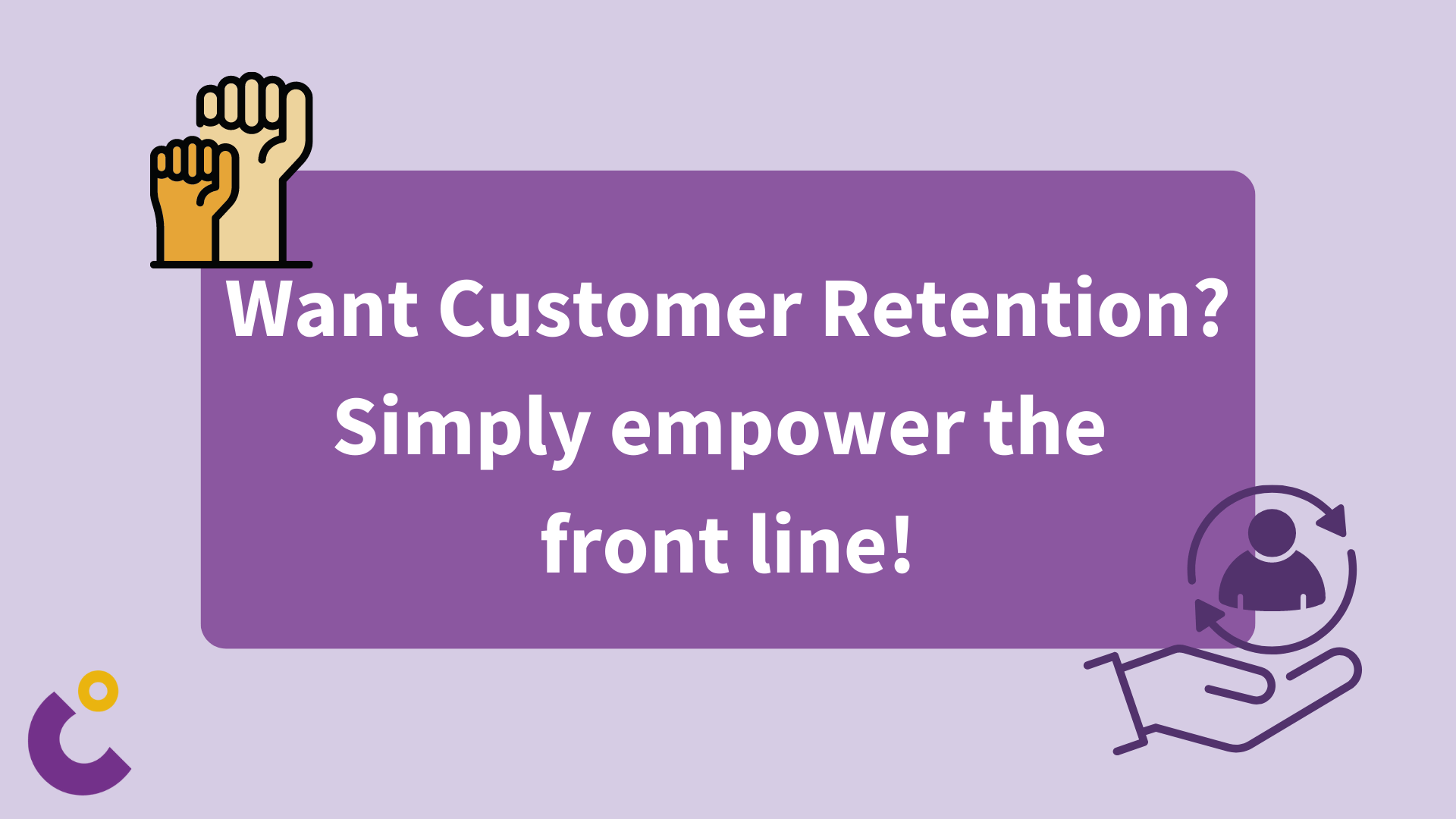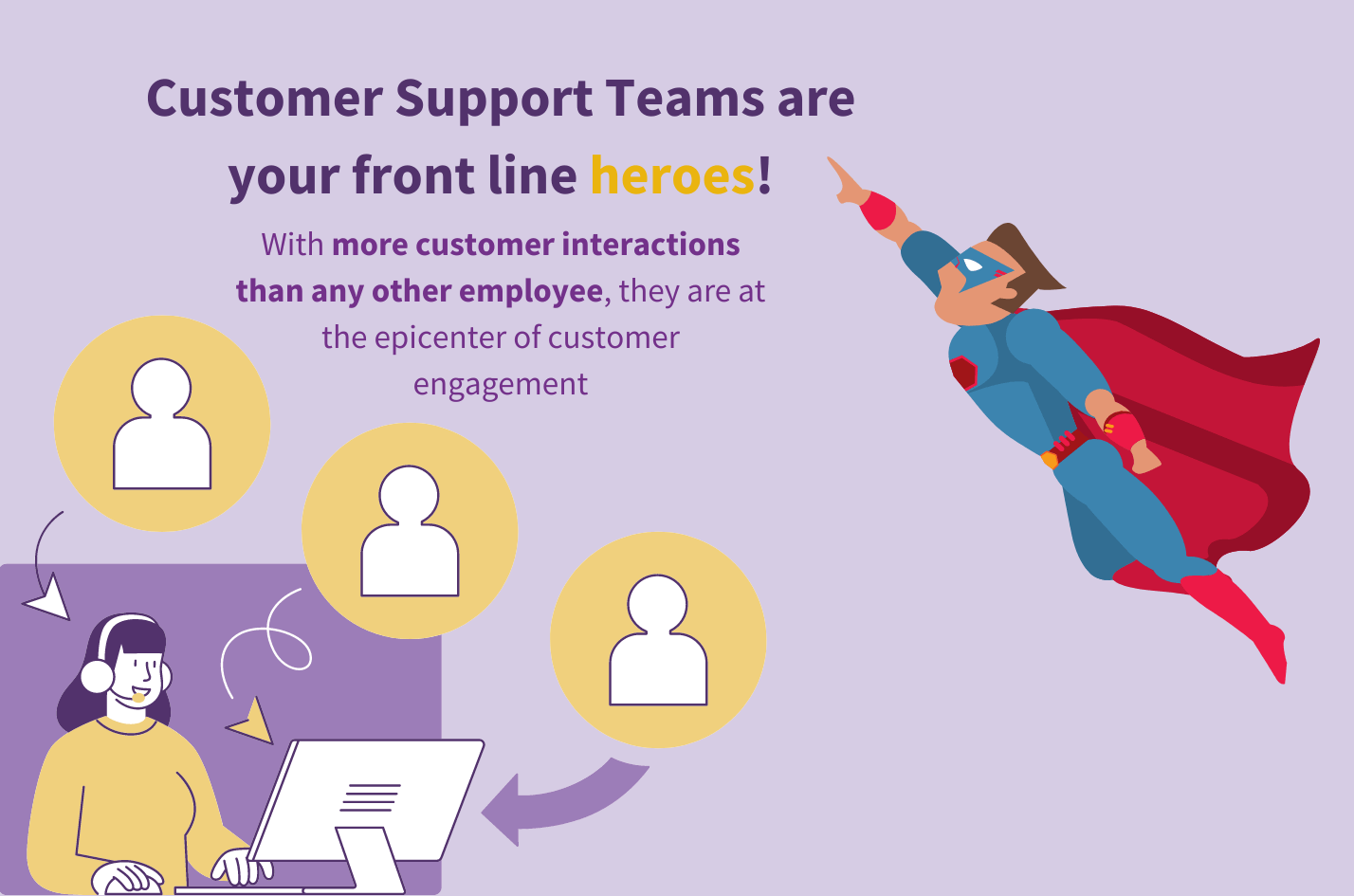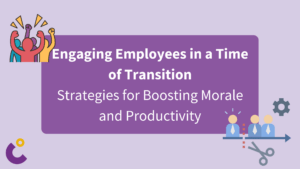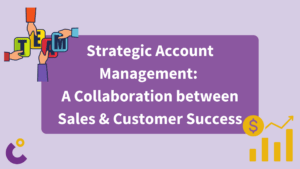

Want Customer Retention? Simply empower the front line!
First Published: June 01, 2016
Your Support teams are the real front line heroes for customer satisfaction
Customer support is all about making sure your customers are happy and getting the most out of your product with no technical barriers. Think of support teams as your front line heroes, the friendly faces of your business, always ready to lend a helping hand. They’re the ones answering the tough technical questions and fixing any issues that arise. And, with more customer interactions than any other part of your organization, support teams have the power to turn a frustrating experience into a positive one. By doing so, they not only boost customer loyalty but also help turn support from a cost center to a revenue generator.
What is the most common blocker for Support teams to be successful?
In our customer work, we regularly see common difficulties across different Support organizations. The key problem we keep seeing is that organizations simply aren’t responsive to the needs of their customers. But why? The main reason we detected is that their frontline tech support teams are not empowered to make decisions on their own. They show a lack of employee empowerment. The consequence: unresponsiveness to customer queries.
A vicious cycle of disengagement
When your support team finds itself in this unempowered state, frontline support staff are reluctant to reply to customers because they have never been trusted to make decisions on their own and provide real answers. In many cases, problems were being worked on, but the team was reluctant or not secure in their responses back to customers.
Your Support Team Members are your front line heroes
It is of utmost importance to be aware that your support team talks to your customers more than anyone else in our business. They’re engaging with customers all day every day and play a key role in successfully retaining customers. But specifically frontline teams are hesitant to make decisions, if no one had ever given them the authority to do so.

Empower your front line to make decision
Cleary, this can’t be a state that you remain in while trying to grow and scale. We believe in introducing a radically different approach. Encourage your frontline people to act like managers, while your actual managers are encouraged to act like support staff. This way, your frontline team will be expected to make decisions and judgment calls, while your managers will be expected to remove any roadblocks that prevented the frontline folks from taking charge and making the decisions they thought best.
Let us introduced five guiding principles we believe in to make this shift successful
Principle #1: Help your customer, help your coworker, do your job.
This might be a new ladder of priorities, but it is about the shift in mindset. It reminds your support people to always put customers first and assures them that they’ll never get a reprimand for doing so. If you have 10 different things on your plate, the first thing you should prioritize is the thing that helps a customer. Your next priority is helping your coworkers, because by helping them you’re usually helping a customer. Then do your job.
Principle #2: Make customers’ lives easy.
In the world of technology, it’s easy to think the problem is not ours when a customer has a problem. Maybe the customer’s network has a glitch, maybe bandwidth is insufficient, or whatever general potential issue comes to mind… but they actually have nothing to do with your product. Regardless, the fact remains that the customer is having an issue. And to make the customer’s life easier, you should be telling your support people that there is no such thing as “their problem.” All problems should be your team’s problem and they should be doing what they can, within the realm of possibility, to help customers solve these problems.
Principle #3: Use good judgment.
This is about intuition and instinct. Does it feel like the decisions you’re making are benefiting the customer? If so, you’re on the right track.
Principle #4: Do the right thing.
This means acting with integrity and authenticity. It also means doing the right thing not just for our external customers but also internal customers—the people we work with each and every day.
Principle #5: “No” needs executive approval.
Saying no is an easy way of exiting a situation and moving on to the next one. But this leaves the customer holding the bag. So you should try to avoid saying no to our customers at any cost. Although this does not mean we always say yes. Your team needs to be trained to avoid saying no off the bat and to spend time figuring out the right answer for our customers. Support is all about being passionate problem solvers. And if you ever do have to say no to a customer, then approval from an executive in our C-suite should be required.
Proven Success of these principles
One practical example of an organization built on these principles, is the support organization our Founder Amy led at Lifesize. By following the five principles, she was able to move from a support Net Promoter Score of minus 4 to plus 70. It took two years and a total shift in mindset to achieve this. At first, frontline team members would come to her office often and ask for permission to do this or that for a customer. But it was an exercise in staying consistent, where she wouldn’t answer, but instead just point to the guiding principles written on a whiteboard. Are you using good judgment? Are you doing the right thing? Are you making life easy for the customer? Over time, people stopped coming to her office because they realized they had the autonomy to make their own decisions and do what they love to do – helping customers.
Long story short…
Empowered team members are better team members
Empowering the folks on the front line is critical to the success of any business. Your company should be powered by empowered employees. By eliminating top-down management structures, you can avoid all ideas trickling down from the executive suite. Instead, you can implement a more collaborative approach in which frontline team members are the ones who come up with great ideas based on what they hear from customers. The more engaged your people are, the more creative they get and the better you get. Flip the script. Lead with your front line. These are the people who know your customers best, these are the people who ensure you have good customer relationships—and these are the people who will determine how well your company succeeds.
This might also interest you


Beyond Internal Walls: Unlocking the Power of External Customer Journey Mapping

From Map to Magic: Turn Your Customer Journey into Actionable Strategies

Decode Your Customer Journey: A Step-by-Step Guide to Mapping Success

Beyond the Score: Transforming Net Promoter into a Growth Engine – Net Promoter System

Turn Your Raving Fans into a Sales Force: Using Customer Advocates as Your Reference Pipeline

Engaging Employees in a Time of Transition: Strategies for Boosting Morale and Productivity

Capacity Modeling for Customer Success

Data Driven Customer Success

